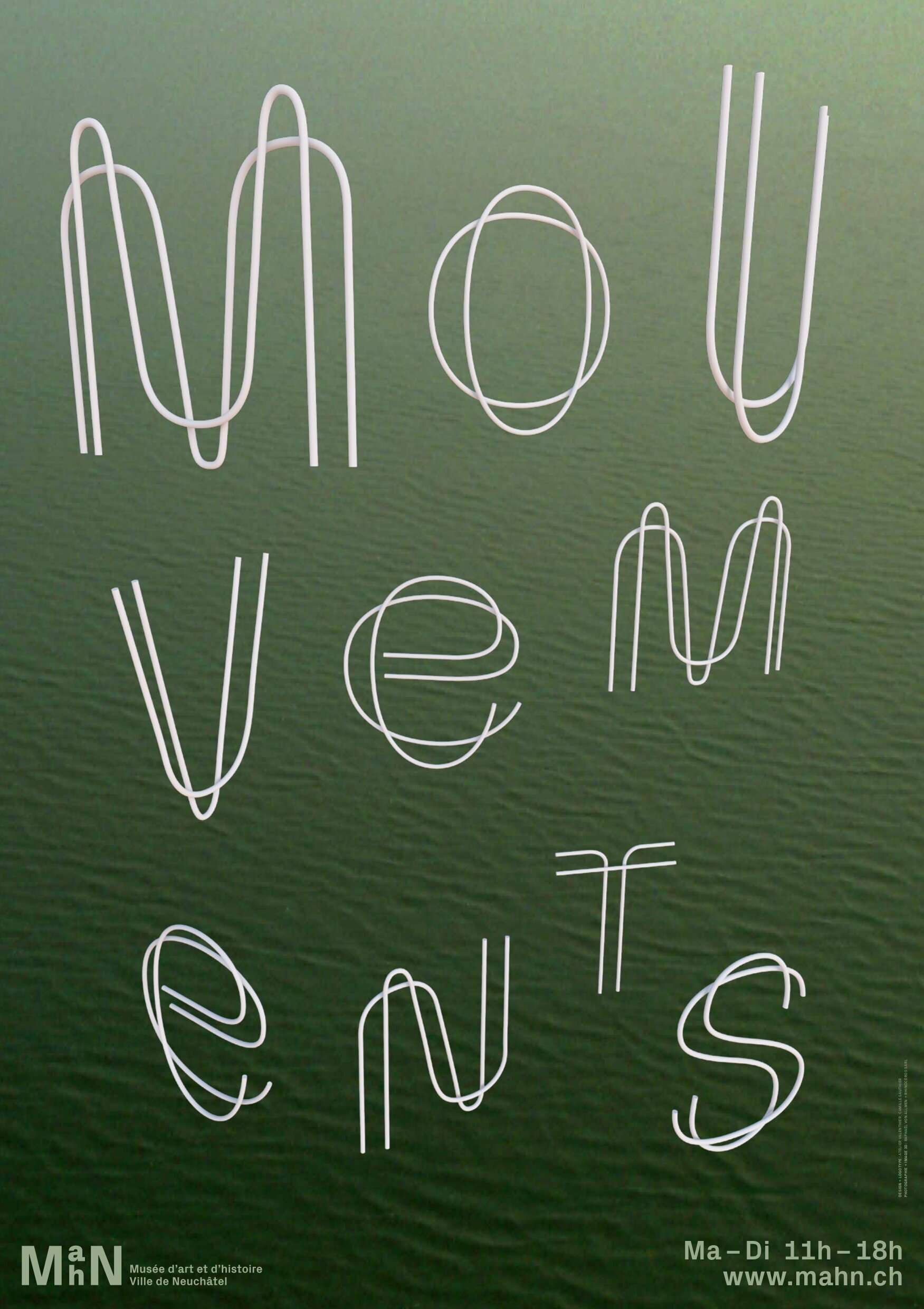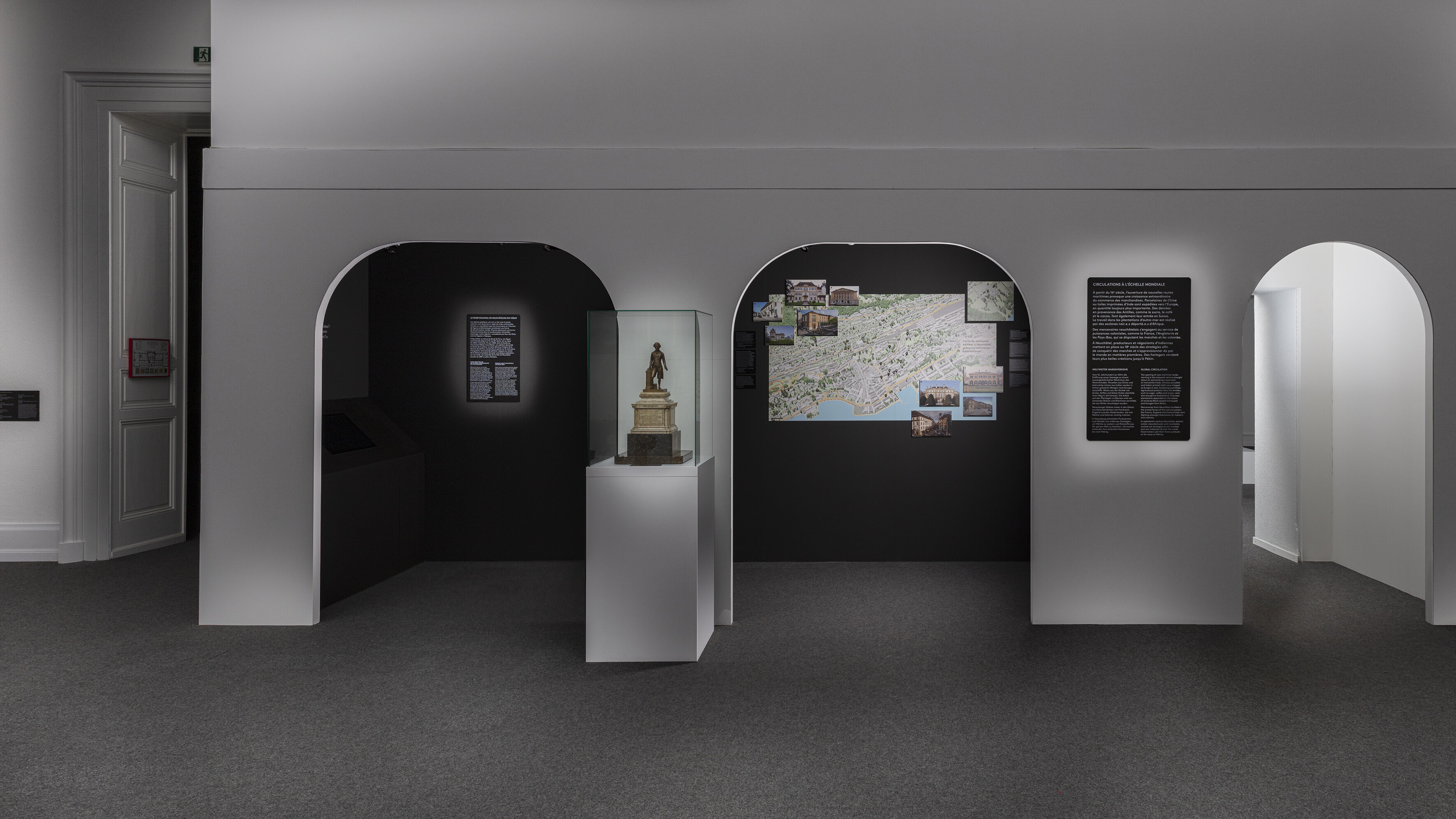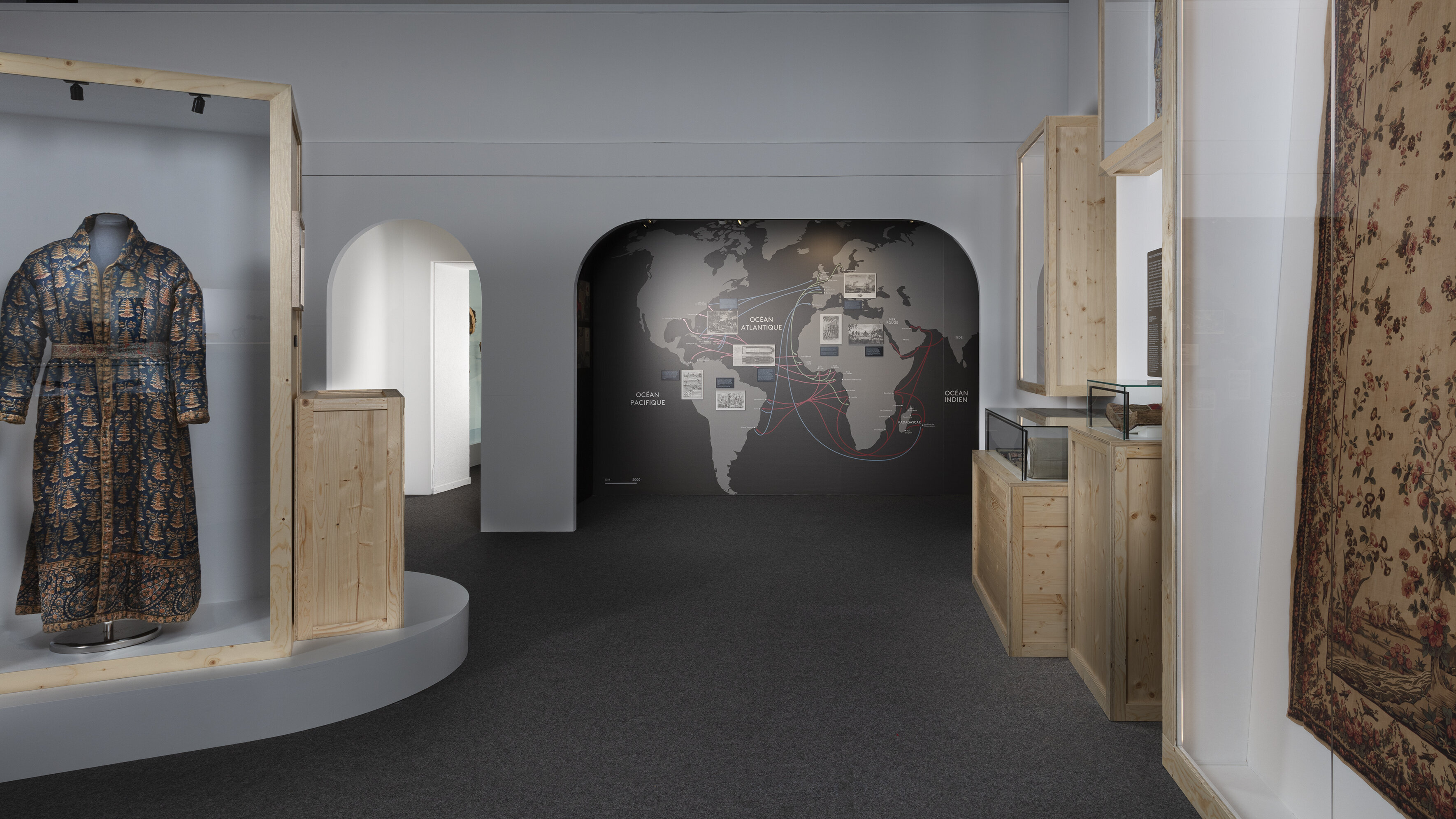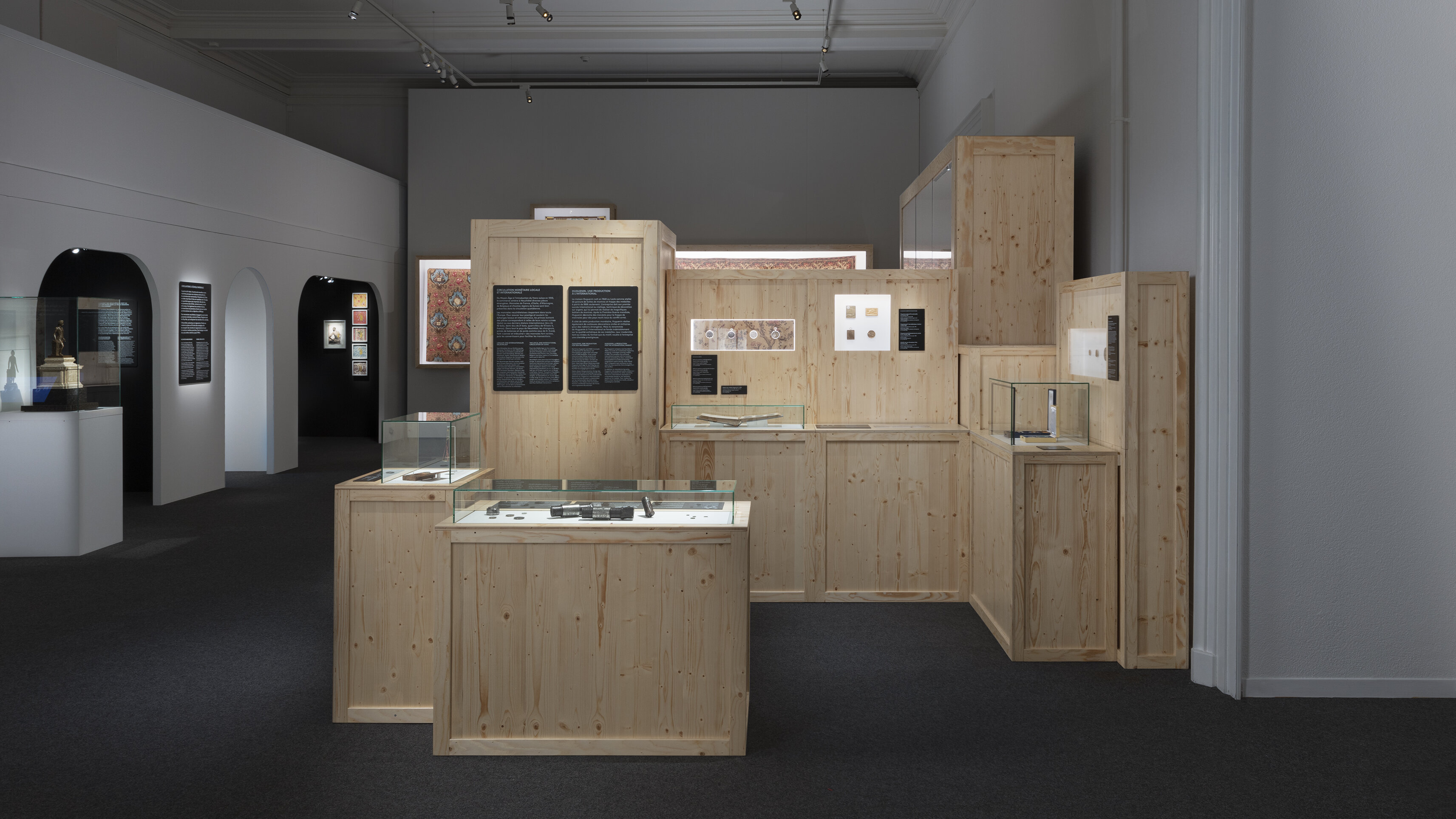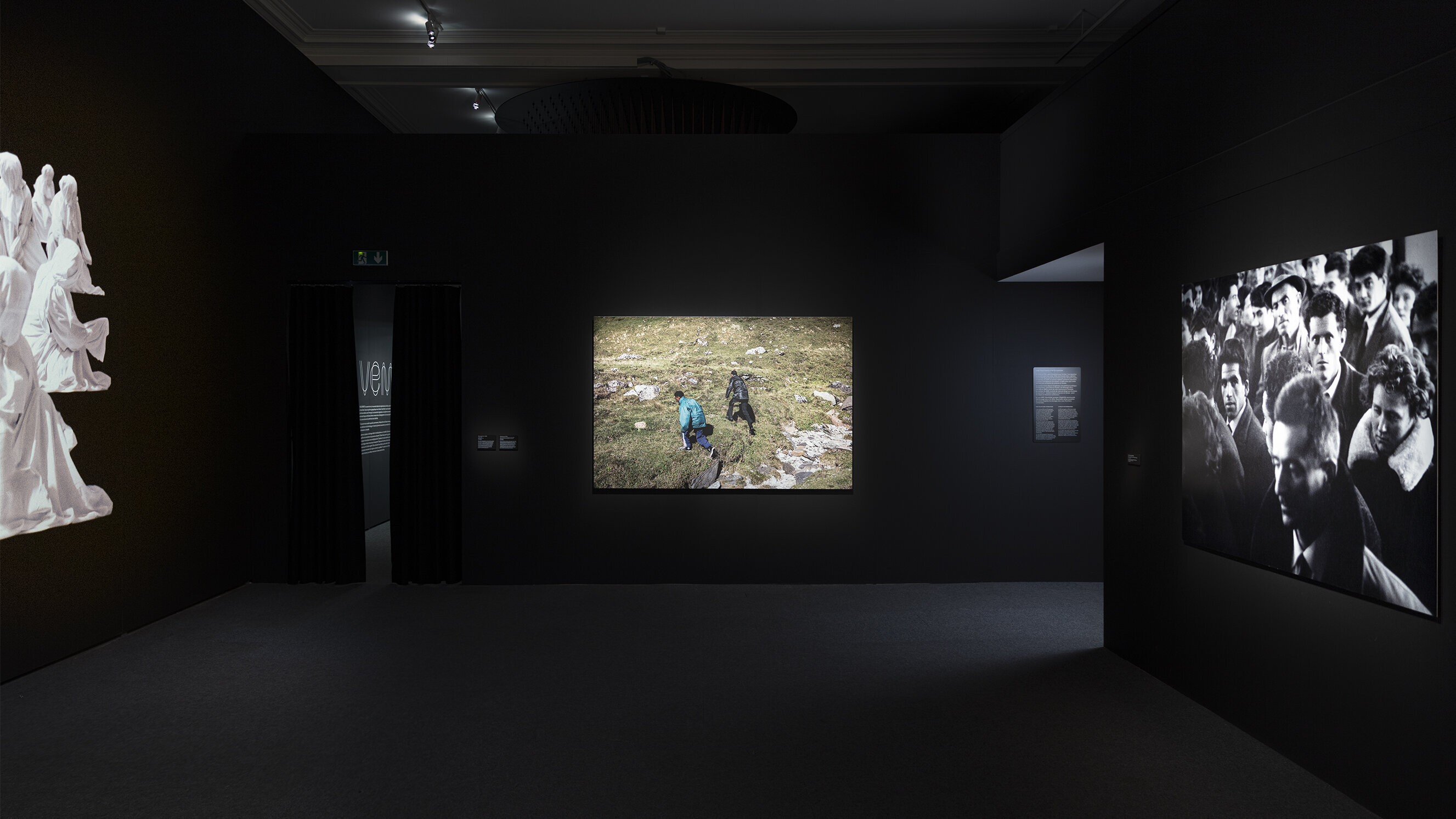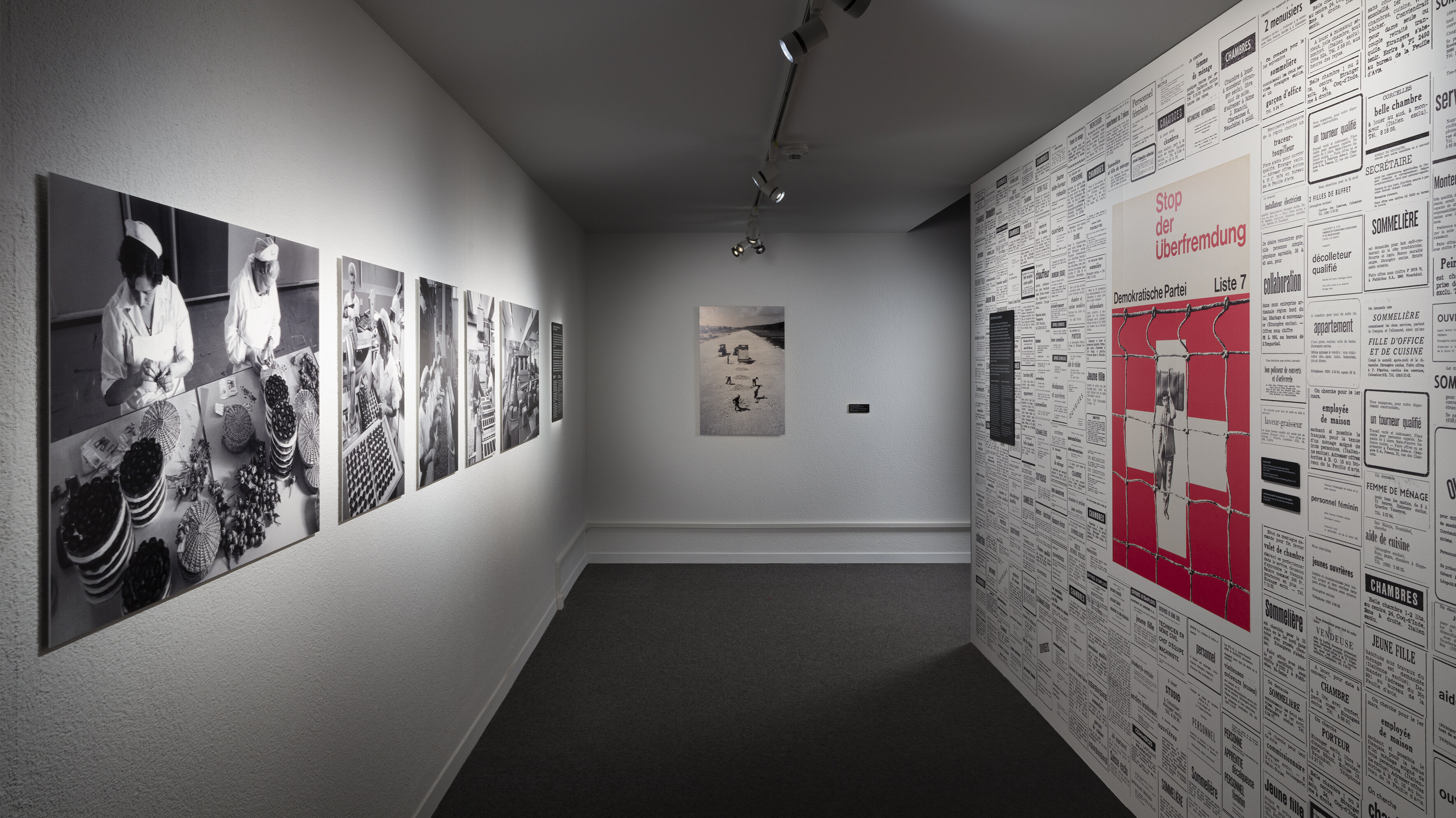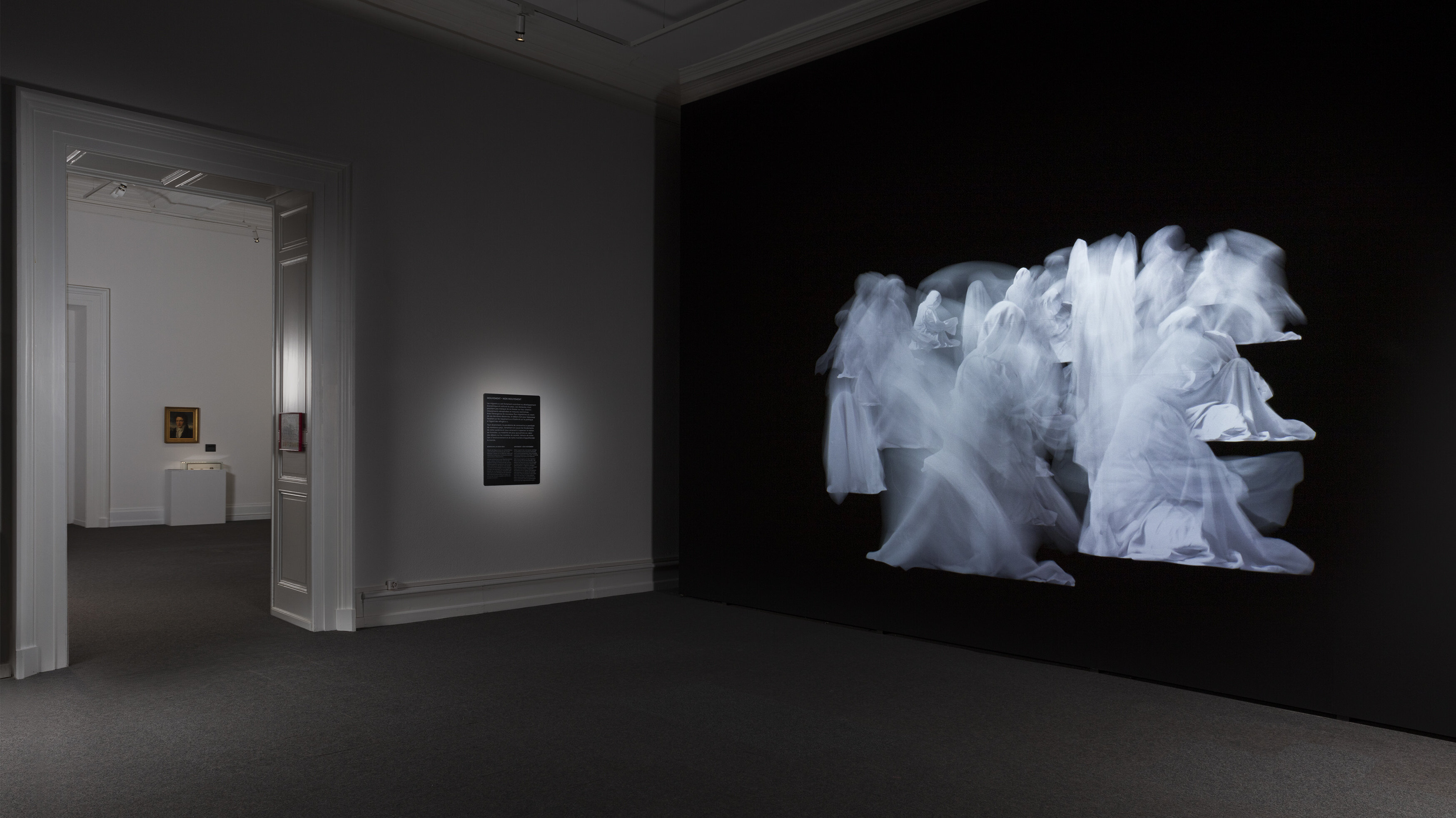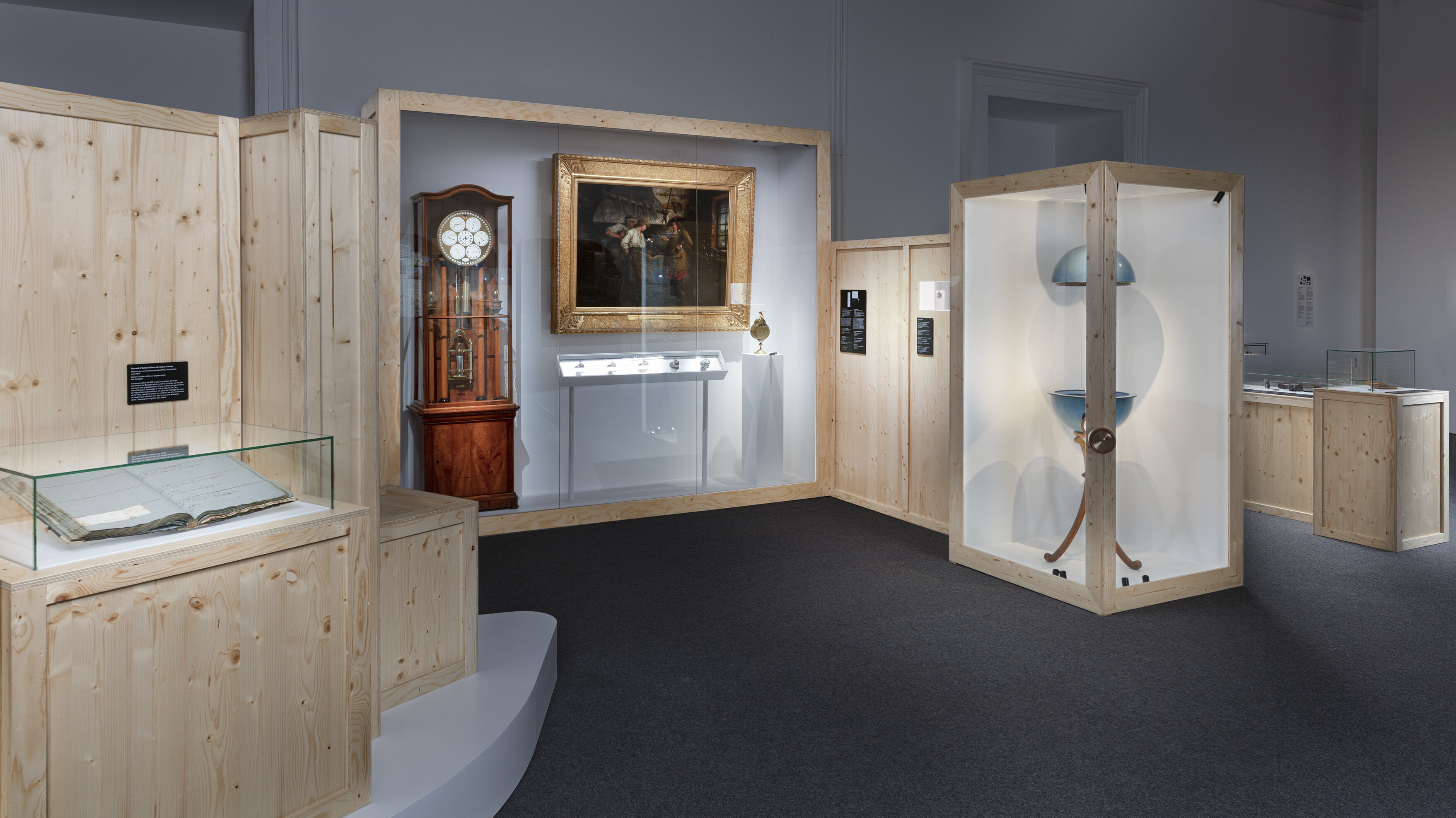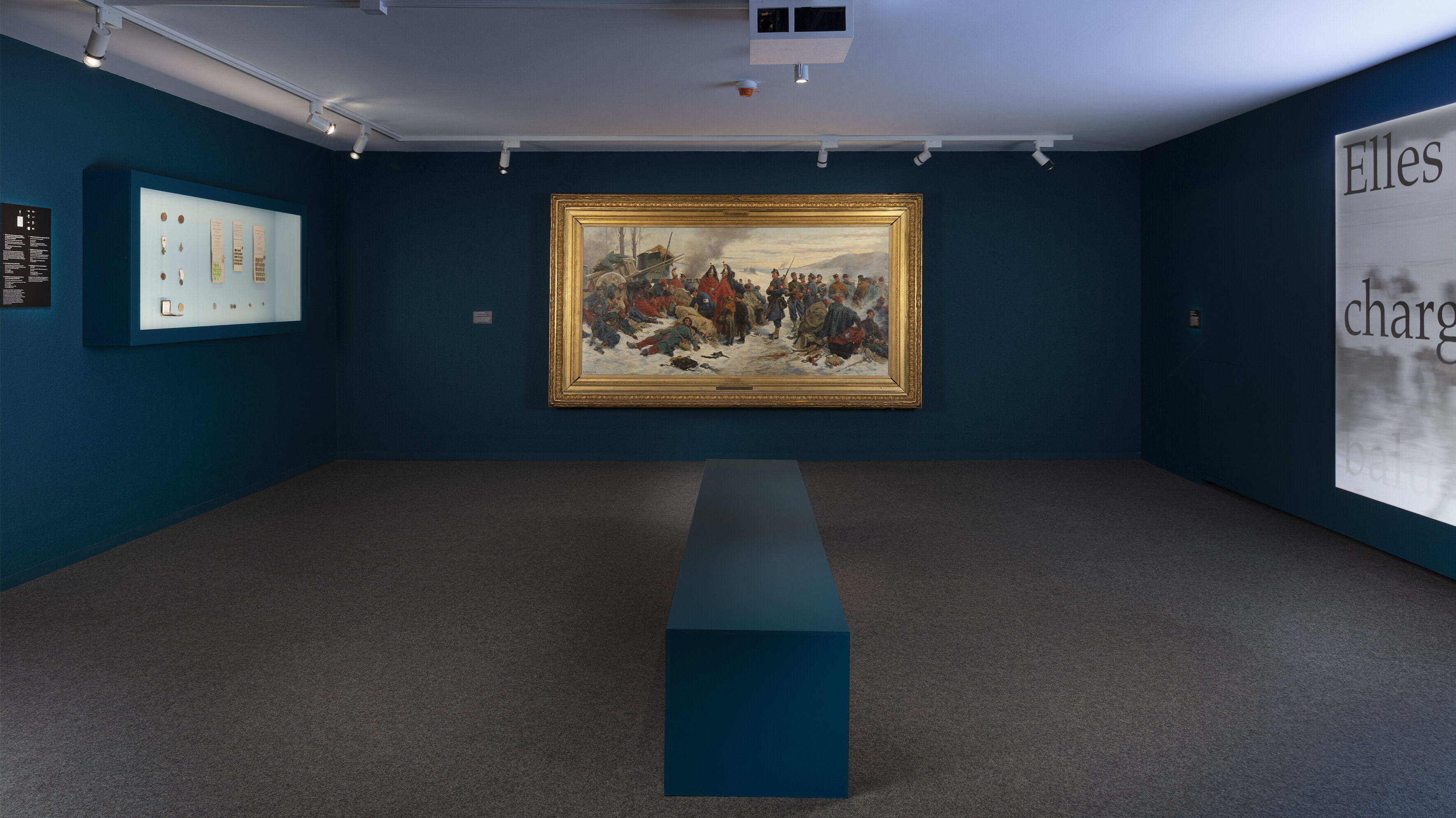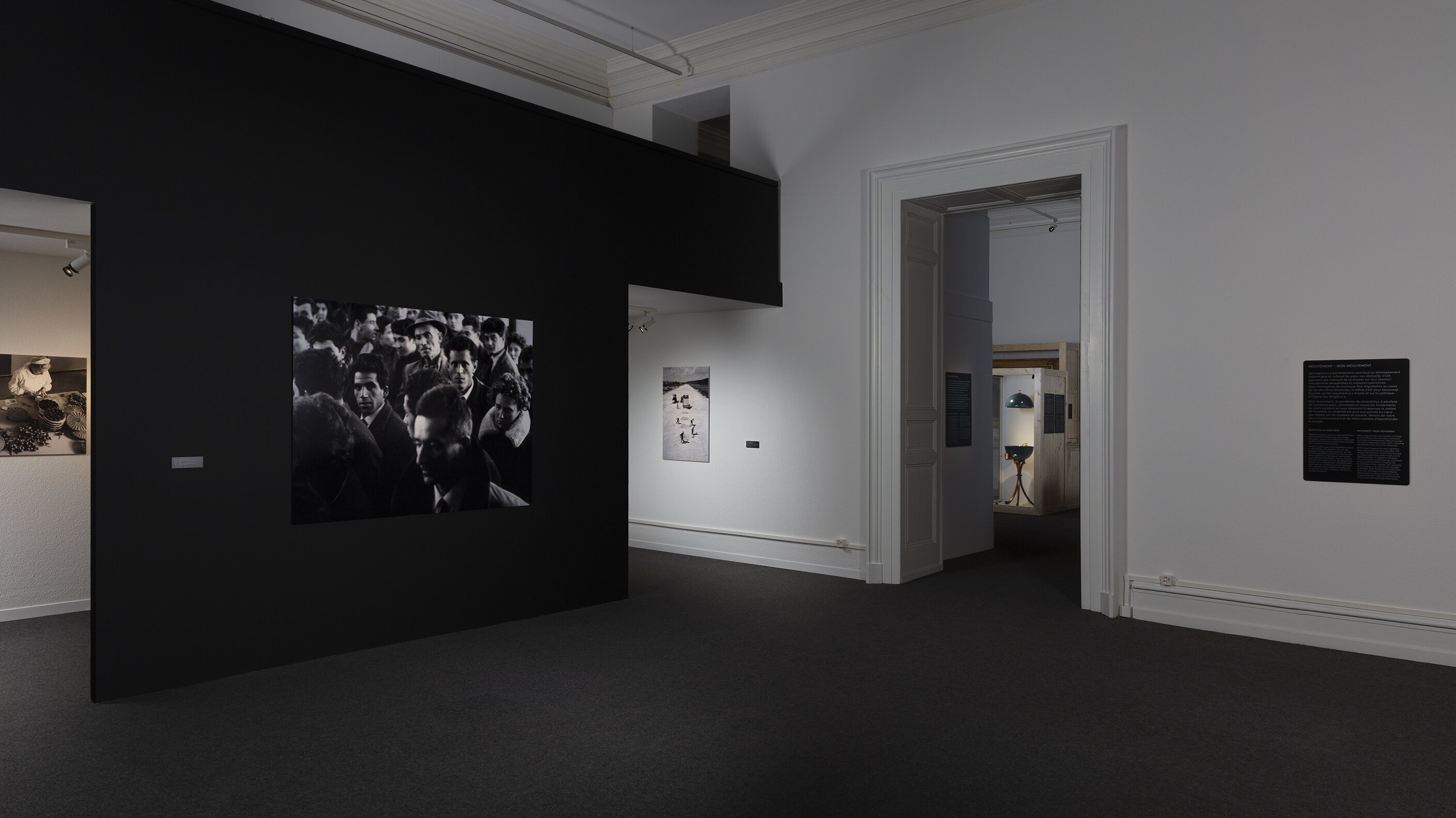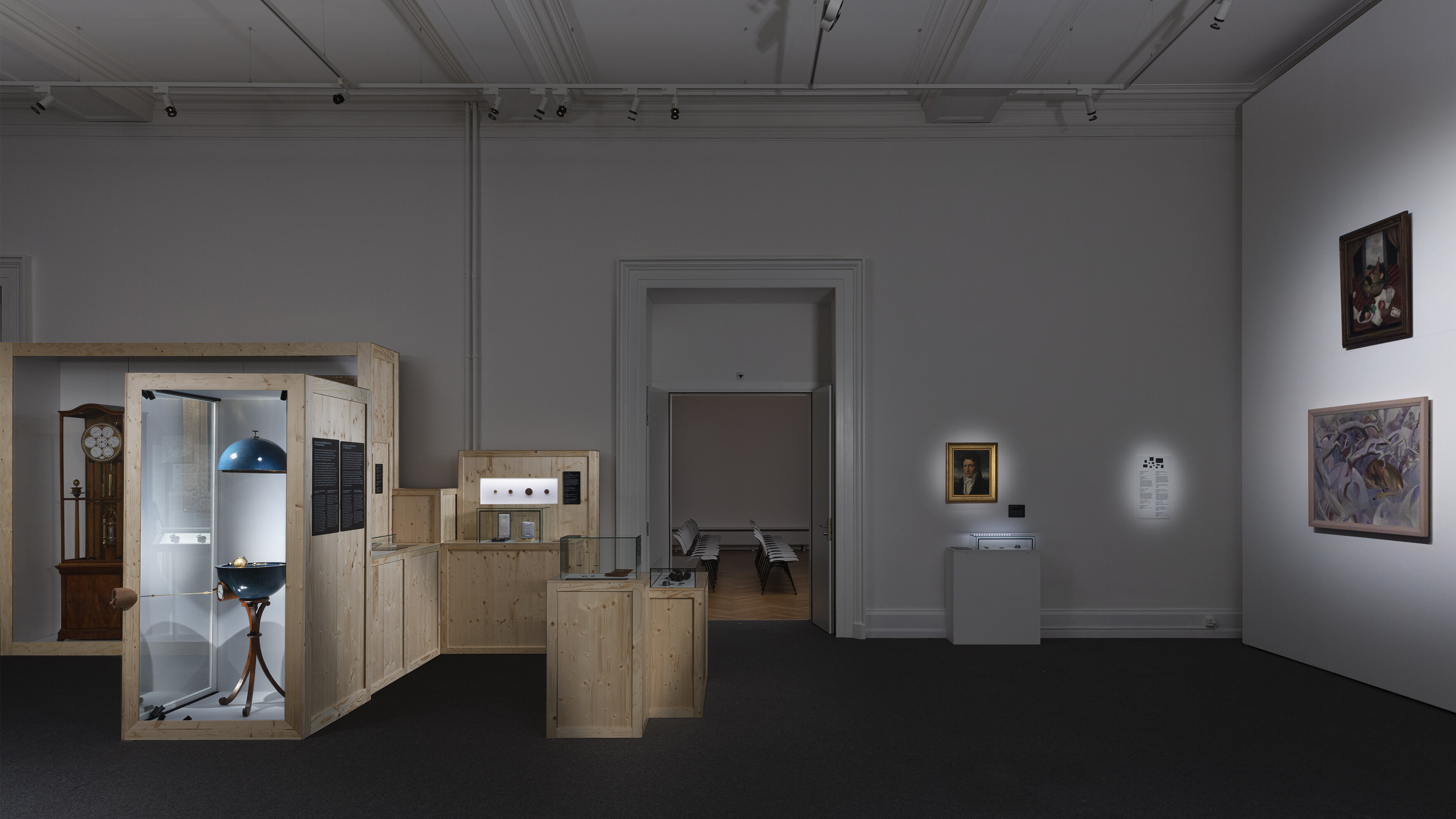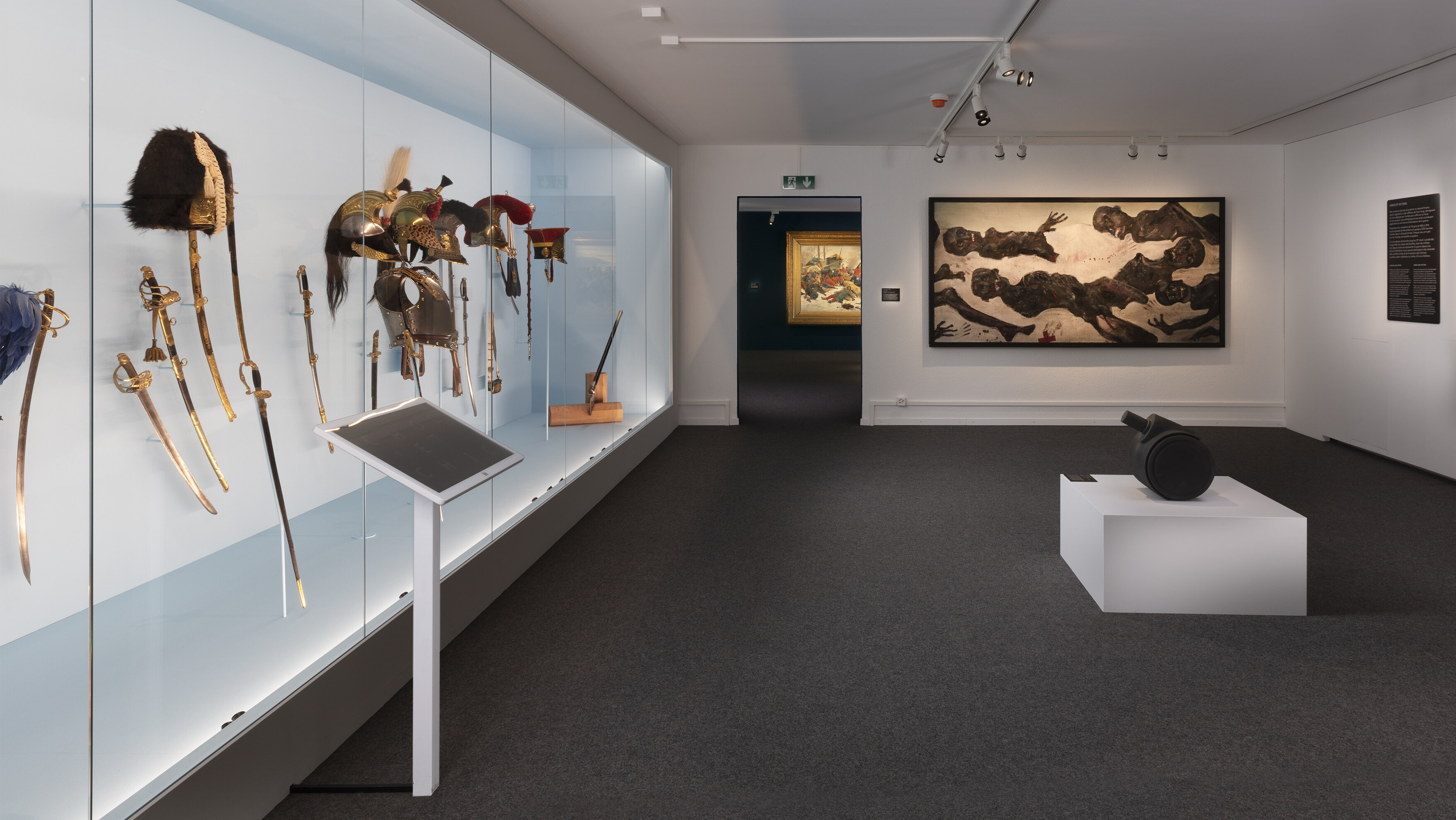Movements. Permanent exhibition
At the heart of life, movement shapes the trajectories of individuals, objects and ideas. Because of its geographical position and its history, Neuchâtel has naturally developed strong relationships with foreign countries. Migratory movements and the circulation of goods and techniques have been driving forces in its development. They have also contributed to the construction and definition of its identities.
On the occasion of its new permanent exhibition, the Museum of Art and History questions its collections and puts them into dialogue through the prism of movement, a notion that is both individual and universal.
The exhibition offers a new and interdisciplinary perspective on mobility. What are the profiles and motivations of migrants? What role do wars and international trade play in movement? What is the nature of the goods produced and the strategies implemented to export them? What are the links between trade networks and the slave trade? What do artists seek under distant skies? What obstacles do migrants encounter in their daily lives? A journey through small and large stories where memory and the richness of destinies are reflected.
Partez à la découverte de l’exposition Mouvements autrement, grâce à cette visite audio, conçue et enregistrée par les élèves de la classe 56FR322 de la nouvelle école de la Maladière à Neuchâtel. À l’issue d’une année de rencontres, d’échanges et d’ateliers organisés par l’équipe de médiation du Musée d’art et d’histoire, les élèves vous proposent une visite inédite.
Suivez nos jeunes guides !
Mouvements. Un parcours au fil des petites et grandes histoires
Mouvements. L'œuvre de Tanja Boukal
The exhibition Movements includes a section on the participation of Neuchâtel residents in the colonial enterprise and in slavery. It includes filmed interviews with four university professors: Thomas David (University of Lausanne), Bouda Etemad (Universities of Geneva and Lausanne), Matthieu Gillabert (University of Fribourg), Kristina Schulz (University of Neuchâtel)





